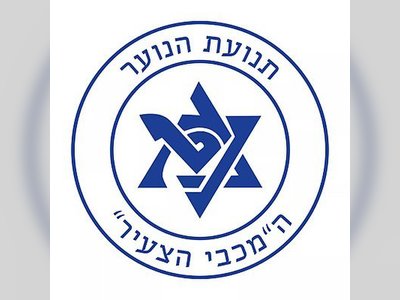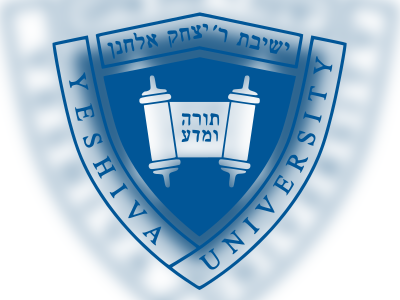מורשת גדולי האומה
בזכותם קיים
beta
The American Jewish Committee (AJC): Safeguarding Jewish Interests Worldwide

The American Jewish Committee has a rich history of advocating for Jewish rights, preserving Jewish culture, and promoting diplomatic engagement. From its early days to its evolving role in international relations, AJC has played a vital part in safeguarding Jewish interests worldwide and strengthening the bonds between Jewish communities and Israel. AJC's legacy of leadership and advocacy continues to shape the future of Jewish engagement and diplomacy on the global stage.
The American Jewish Committee, known as AJC, is an American-Jewish organization dedicated to safeguarding the interests of the Jewish people globally through governmental relations and diplomacy. Comprising tens of thousands of members, primarily from the United States, AJC has played a significant role in advocating for Jewish rights, economic and cultural well-being, and providing assistance during crises. This comprehensive documentary-style article delves into the history, mission, and contributions of the AJC to the Jewish community and beyond.
Historical Origins:
Founded in February 1906 in New York City by 35 prominent American-Jewish individuals of German descent, AJC emerged in response to the dire situation of Jews in Romania and Russia and the Kishinev pogroms. Its primary objectives were to protect the civil and religious rights of Jews globally, preserve their economic and cultural vitality, and offer assistance during times of distress. It was the first ethnic-religious organization in the United States formed to defend the rights and religious freedom of Jews outside their homeland.Early Leadership and Focus:
In its early years, AJC was the most influential Jewish organization in the United States, even drawing the support of Jewish immigrants who relied on its leadership. AJC's strength derived not from numbers but from the quality and status of its carefully selected members. Typically, leaders were Jews who had integrated well into American society, possessed financial stability, and adhered to Reform Judaism. Figures like Oscar Straus, the Secretary of Labor and a friend of the Zionist movement, Meyer Sulzberger, the first AJC president, and Louis Marshall, who succeeded Sulzberger in 1912 and was a prominent financier, led the organization.Key Achievements:
Early on, AJC successfully rallied against a treaty between the United States and Russia that would have negatively impacted the rights of Jews. The organization was instrumental in abolishing the treaty, thanks to the determined efforts of Louis Marshall and Jacob Schiff, a prominent philanthropist. AJC's orientation leaned toward Americanization, opposed Jewish nationalism in the United States, and aimed to align with the government's position. Despite some reluctance, it engaged in advocacy on Jewish issues and supported the Balfour Declaration.Post-World War II Shift:
Following World War II and the Holocaust, AJC shifted its stance regarding Israel. Recognizing that Israel was the only refuge for Holocaust survivors, AJC supported the establishment of the Jewish state. Despite earlier reservations, the organization backed Israel's right to exist. In 1950, under the leadership of Jacob Blaustein, AJC signed the Blaustein-Ben Gurion Agreement, outlining Israel's commitment not to coerce Jews to immigrate to the country. This groundbreaking agreement laid the foundation for Israel's relationship with the Jewish diaspora and led to a change in the perception of Zionism within AJC.Engagement with the World:
AJC has maintained its independence while working with governments worldwide, strictly adhering to non-partisanship. Since 1982, AJC has conducted Project Interchange, which brings international leaders to educational seminars in Israel. In recent years, this program has welcomed over 6,000 diplomats, journalists, and opinion leaders from 90 countries, advancing issues related to global Jewry and Israel.Posture Toward Germany and International Diplomacy:
AJC was the first Jewish organization to reestablish relations with Germany after the Holocaust. Shortly after the reunification of Germany, AJC opened an office in Berlin. In May 2006, German Chancellor Angela Merkel was invited to address AJC on the occasion of its centennial celebration, marking the first time a German chancellor had been invited to address the organization's annual conference.Recent Initiatives:
In June 2018, AJC published a collection of articles authored by 25 scholars and experts from Israel and the United States. These articles addressed the relationship between American Jews and Israel, emphasizing the importance of Jewish and Zionist education while advocating for increased investment in Jewish schools and educational institutions.AJC in Israel:
AJC established a branch in Jerusalem, Israel, in 1962, which continues to operate today. David Harris serves as the CEO of the international organization, and Avital Leibovich is the CEO of AJC in Israel.- הוועד היהודי-האמריקאיhe.wikipedia.org




